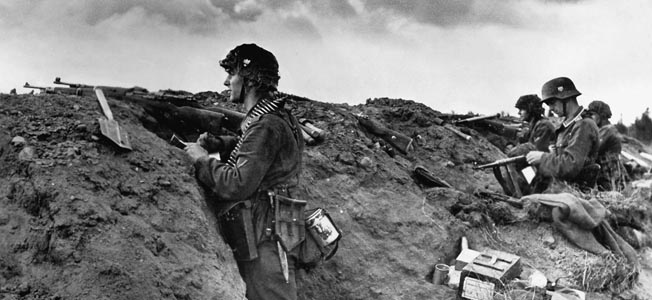
Soviet Union
Red Army Airborne
By Victor KamenirThe official history of Russian and Soviet airborne forces began on August 2, 1930, when 12 parachutists were dropped during maneuvers in the Moscow Military District. Read more

Soviet Union
The official history of Russian and Soviet airborne forces began on August 2, 1930, when 12 parachutists were dropped during maneuvers in the Moscow Military District. Read more
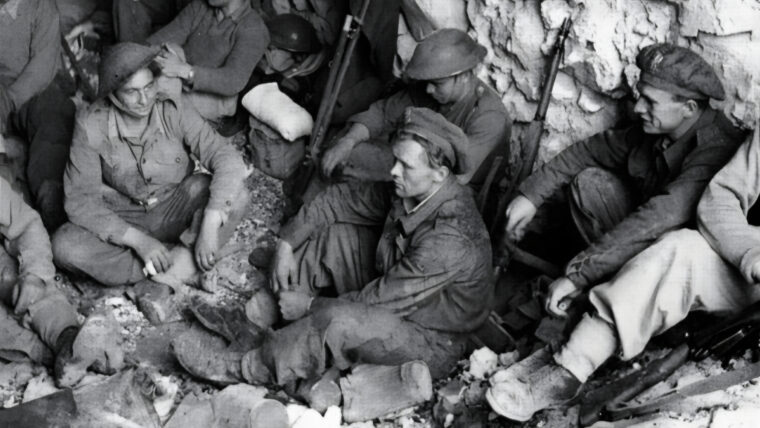
Soviet Union
“They had lost their country but kept their honor,” future British Prime Minister Harold Macmillan said of General Wladyslaw Anders and the Polish II Corps, men in the strange position of trying to win the liberation of their homeland by fighting in Italy. Read more
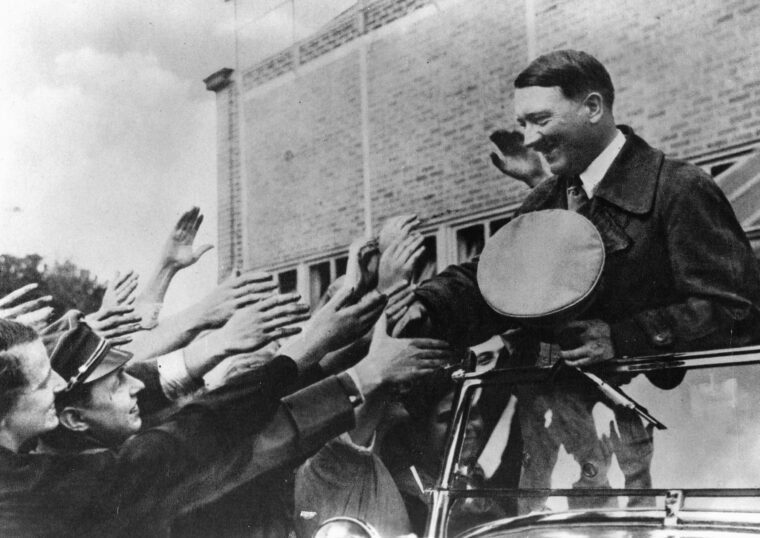
Soviet Union
The “Mythology of Munich” and “What Would Winston Do?” These were the feature story and the cover headline, respectively, for the June 23, 2008, issue of Newsweek magazine. Read more
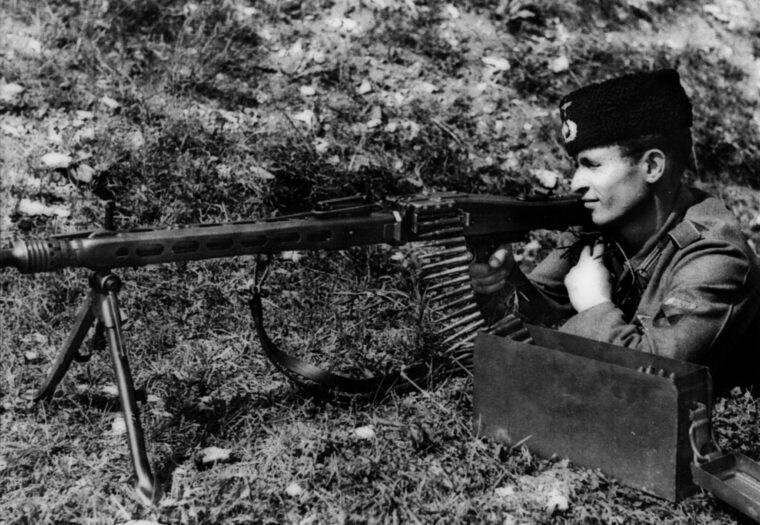
Soviet Union
An estimated four million Red Army soldiers were captured by the Germans during the six months after the launching of Operation Barbarossa, the Nazi invasion of the Soviet Union, on June 22, 1941. Read more
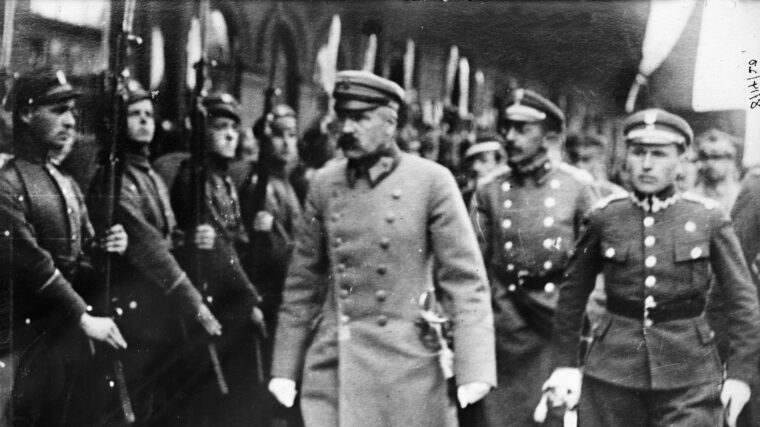
Soviet Union
”The subject of Poland is by far the most complex of all the problems to be considered,” the American delegation to the Paris Peace Conference at Versailles was told in 1919, as it was preparing to sort out the incredible mess in European affairs following the end of World War I. Read more
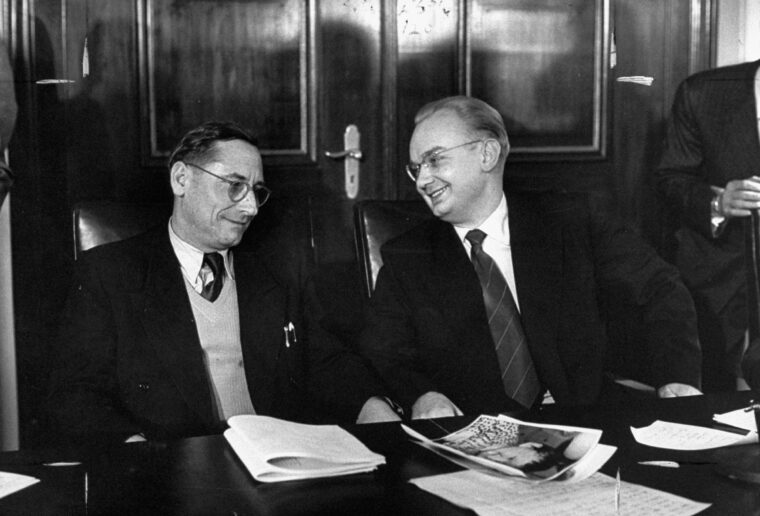
Soviet Union
“I’ve come to you from Moscow. The Central Committee of the Communist Party has ordered your liquidation.” Read more
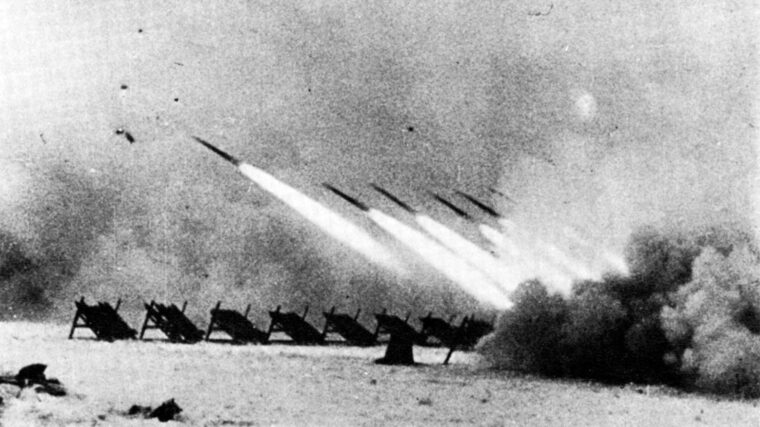
Soviet Union
In the fall of 1942, in a prelude to the now-famous Operation Uranus, the Red Army had its back to the wall once again. Read more
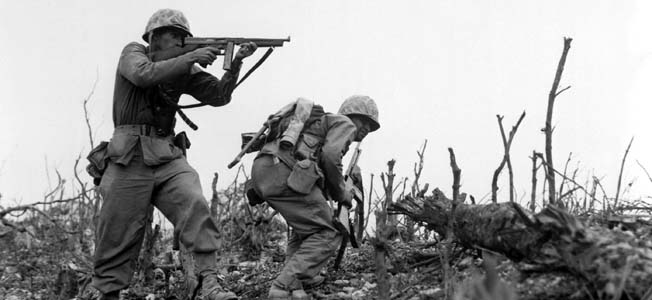
Soviet Union
In 1917, when America entered the First World War, the United States Army tasked Brigadier General John T. Read more
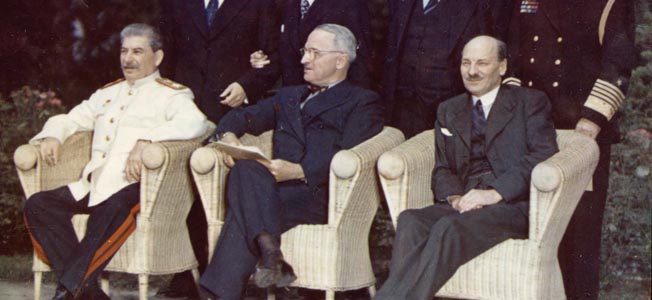
Soviet Union
During the more than 60 years since the detonation of the first atomic bombs—and the only time nuclear weapons have ever been used operationally—a major debate has erupted over the Hiroshima and Nagasaki bombings. Read more
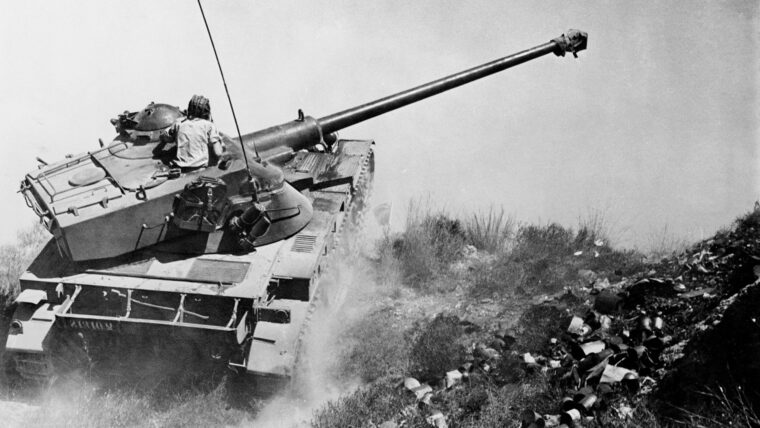
Soviet Union
Many historians consider the Suez-Sinai campaign in the autumn of 1956 the last hurrah for British and French colonialist efforts in the Middle East. Read more
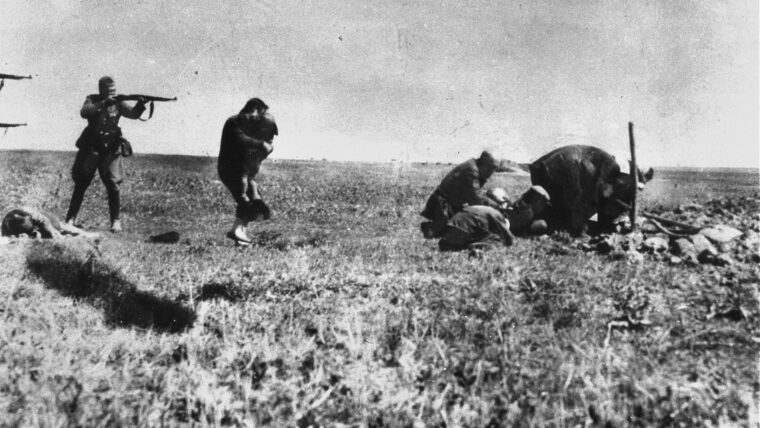
Soviet Union
The wide-scale murder of Jews by Nazi Germany’s Einsatzgruppen began in Poland in September 1939, protested only by German Army Generals Johannes Blaskowitz and Georg Kuchler. Read more
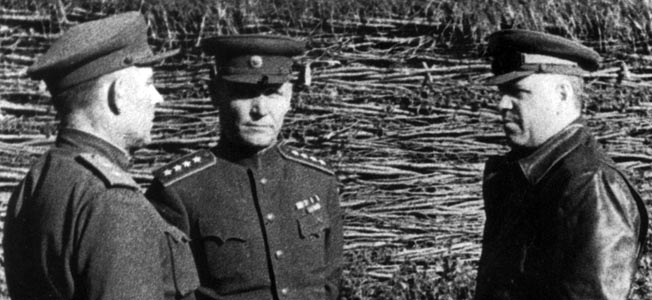
Soviet Union
On orders from Soviet Premier Josef Stalin, the offensive that resulted in the capture of the Nazi capital of Berlin in April 1945, developed into a race between the army groups of two Soviet commanders, Marshal Georgy Zhukov and Marshal Ivan Konev. Read more
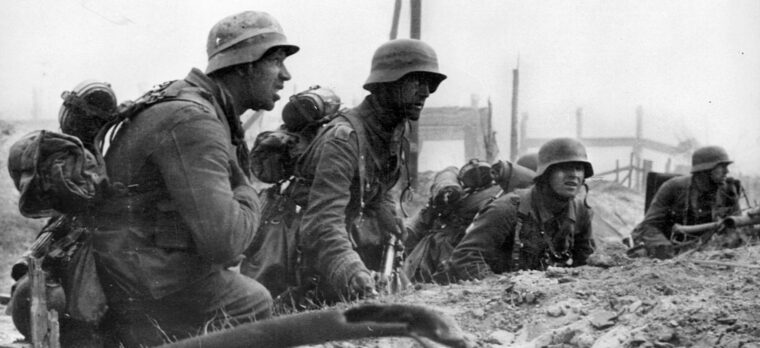
Soviet Union
As Adolf Hitler began to formulate his grandiose plans for the conquest of the Soviet Union, he considered the far northern operation area little more than a sideshow. Read more
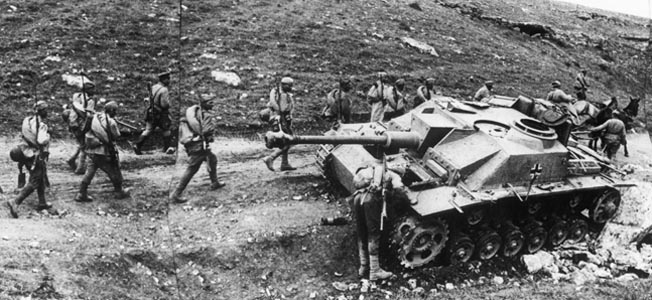
Soviet Union
On July 4, 1942, the men of newly promoted Field Marshal Erich von Manstein’s Eleventh Army celebrated the capture of the last Soviet bastion in the Crimea. Read more
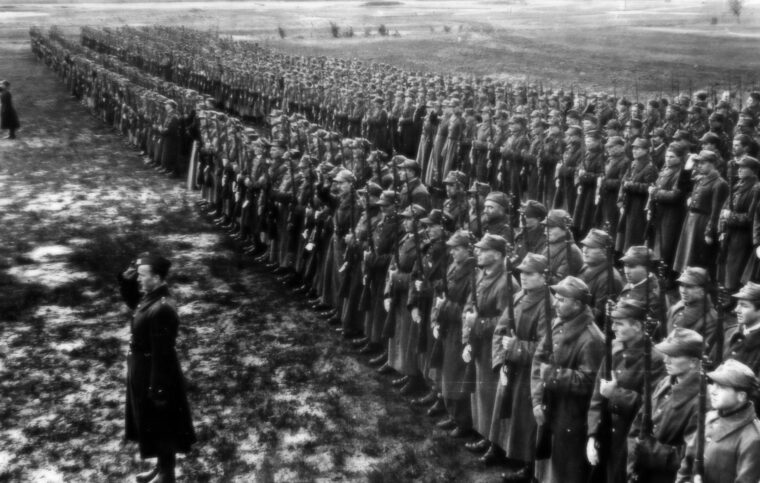
Soviet Union
On April 21 1945, the Polish 2nd Corps captured the Italian city of Bologna and from the city’s highest tower flew the flag of Poland. Read more
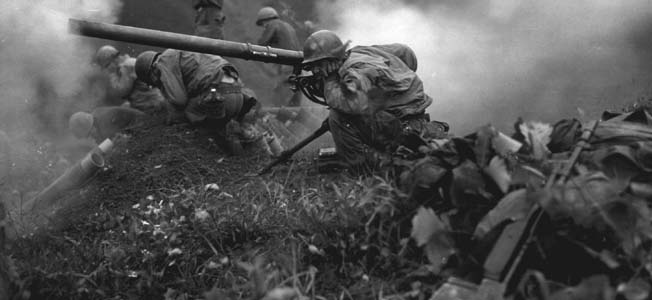
Soviet Union
With the end of World War II, the Korean peninsula was divided at the 38th parallel into Soviet and U.S. Read more
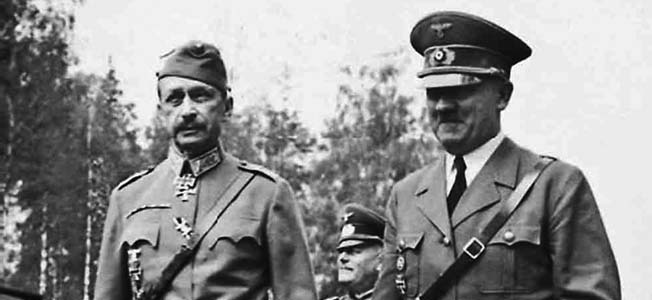
Soviet Union
Carl von Mannerheim has often been called Finland’s Founding Father, and for good reason. For much Finland’s history, it was not really a nation at all—just a province of a larger country. Read more
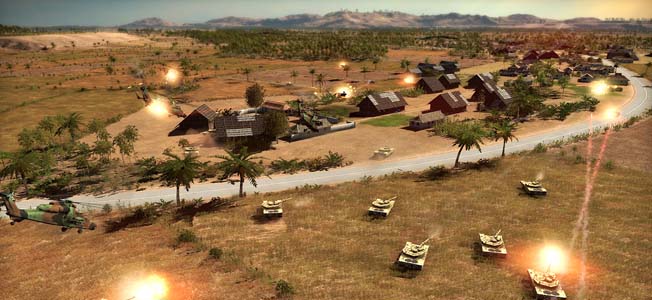
Soviet Union
The Soviet Union has teamed up with Germany, China and North Korea to drag the U.S. and its allies into a Second Korean War. Read more
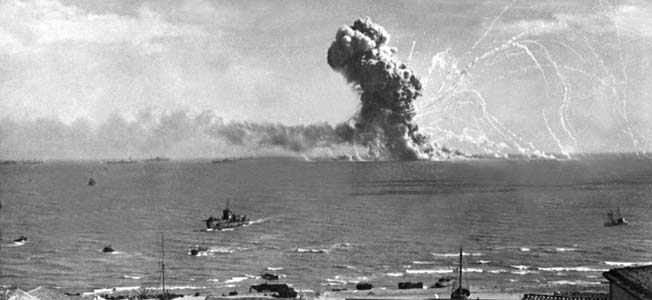
Soviet Union
The necessity for another front as a diversion to German operations in the Soviet Union was early recognized by both the Western Allies and the Russians. Read more